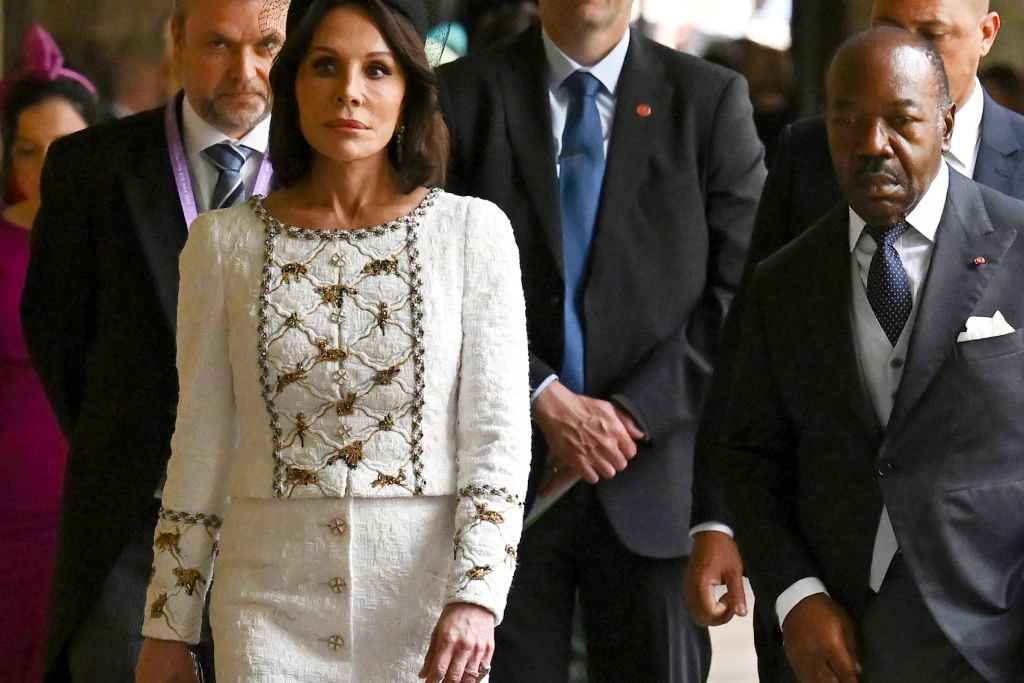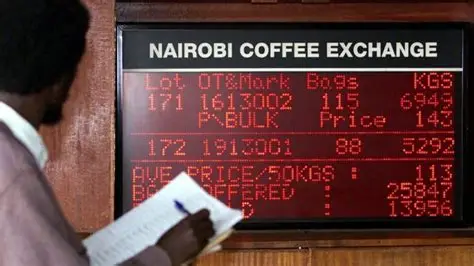
Kenya’s residential property market has outperformed many global markets over the past two decades, recording robust growth and proving resilient against international economic shocks, according to the latest Hass Index Special Report launched in Nairobi.
Presenting the report, HassConsult Co-CEO Salina Hassanali revealed that Kenya’s property sector had grown by more than five-fold since 2000, with prices surging by 425 per cent.
This growth, she noted, far exceeded that of the United States at 201 per cent, France at 151 per cent, Singapore at 122 per cent, and South Africa at 69 per cent in real terms.
“Even in the last year, when most global property markets recorded under four percent growth, Kenya’s residential market rose by 7.8 per cent,” added Hassanali, claiming that this resilience is a testament to the country’s unique market dynamics and expanding middle class.”
She further attributed the sector’s strong performance to Kenya’s fast-growing pool of professionals and high-income earners across education, health, banking, agriculture and trade.
Unlike Western markets where mortgages are the norm, the Co-CEO pointed out that nearly all Kenyan property is purchased with cash, with loans financing only about two percent of transactions.
“This structure has insulated us from the shocks of rising interest rates, inflation and global debt crises. While other economies struggle with defaults and forced property sales, our market remains steady,” explained Hassanali.
Additionally, Hassanali also highlighted the dominance of off-plan purchases, where buyers invest before construction is complete, often paying in instalments. These purchases, she disclosed, deliver faster appreciation than completed properties while widening access for the middle class.
Therefore, Hassanali established that rental yields have remained steady because professionals often rent, while saving to buy which keeps the market attractive for investors.
The only exception, according to the Co-CEO, has been the detached housing segment, traditionally occupied by expatriates whose numbers declined due to aid cuts and NGO closures, weakening demand which consequently presented a gap that she assured has been filled quickly by local Kenyan buyers.
“Strong domestic demand has ensured detached house prices continue to rise, even as expatriate rentals fall,” Hassanali said.
Also speaking at the event was Ian Mutinda, HassConsult’s Development Sales Advisor, who cited off-plan investment as the current ‘defining force’ in Kenya’s property sector.
Mutinda mentioned that research on eight developments launched between 2019 and 2023 showed investors in three ongoing projects already enjoyed average property value growth of 10.4 per cent annually, despite construction not being complete.
“In the five completed developments, unfurnished units are delivering 18 per cent annual returns. These figures show why off-plan investment has changed the face of property in Kenya,” he reported.
Similarly, Mutinda contrasted Kenya’s investment culture with that of the United States, where two-thirds of households invest in shares and mutual funds and fewer than one in eight own rental properties.
“In Kenya, it’s almost the reverse,” he contradicted, announcing that only two to three percent of households invest in the stock market.
“By 2022, nearly 70 per cent of wealthy individuals had invested in property compared to just 18 per cent in stocks,” he exemplified.
He noted that even when Kenya’s stock market gained 84 per cent in the year to June 2025, many wealthy Kenyans still chose real estate because property offers consistent demand, reliable appreciation and safer returns insisting that in Kenya, investors rarely lose in real estate.
In addition, Mutinda further described the rise of ‘perpetual investors’, who use rental income from one property to finance the next, steadily building portfolios, a reinvestment cycle, he says, is fuelling both personal wealth and housing supply.
He ultimately stressed that this growth which happens without reliance on aid or borrowed capital is what makes Kenya’s market remarkable.
“It is simply capital being reinvested in real estate, creating a virtuous cycle that benefits both investors and the country,” he reiterated.
Meanwhile, both speakers maintained that Kenya’s property market stands apart globally resilient, largely debt-free, and powered by a rapidly growing middle class. With off-plan investments delivering double-digit returns and stable rental yields, they reaffirmed the sector remains one of the country’s most compelling investment opportunities.
- A Tell Media / KNA By Lucy Mwende and Samuel Kivuva







